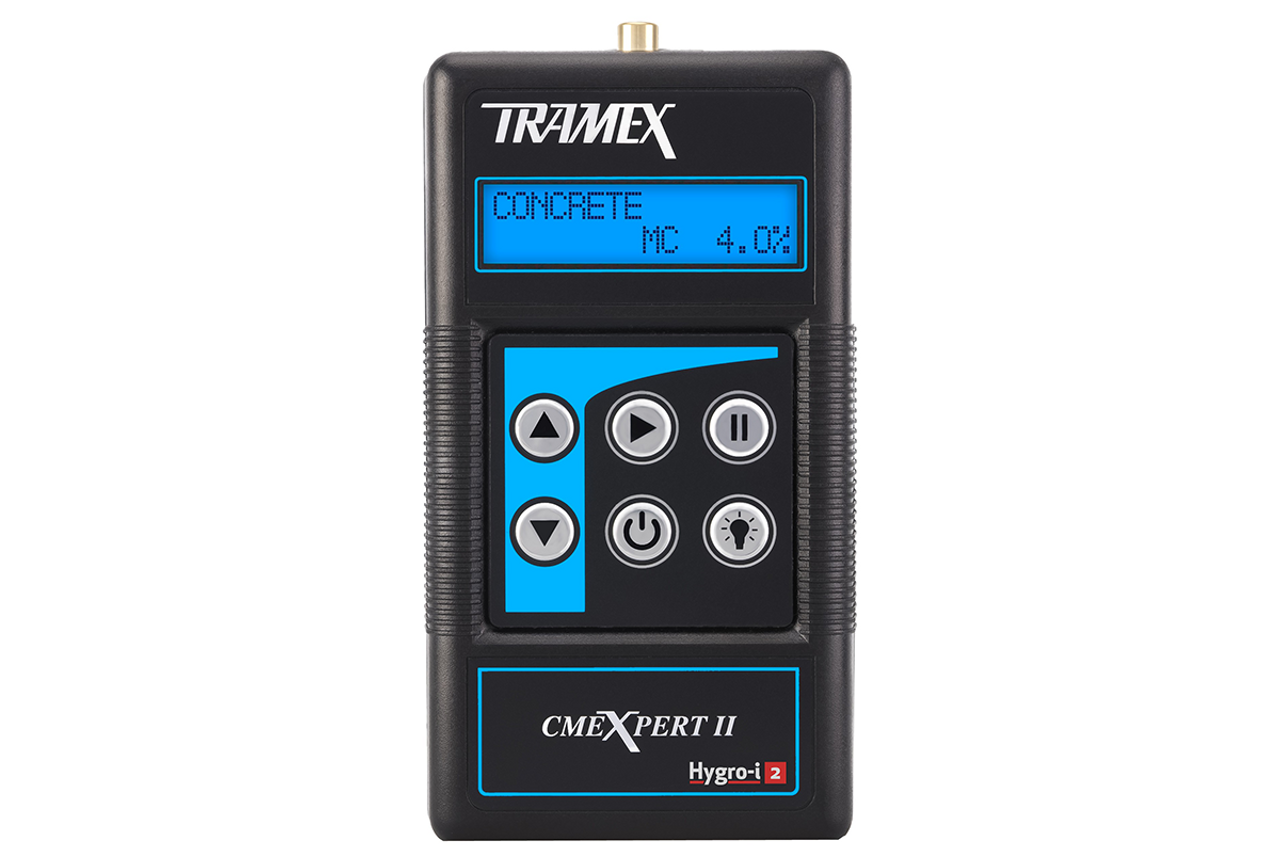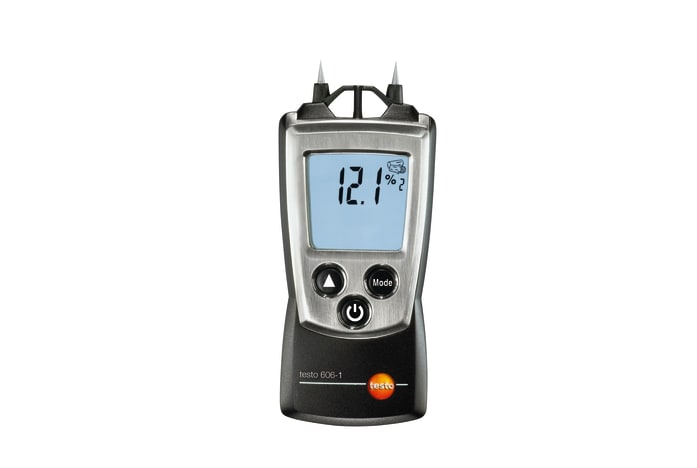The Ultimate Overview to Dampness Meters: A Comprehensive Introduction and Just How They Can Conserve You Cash
In the world of structure maintenance, building and construction, and different sectors, the importance of accurately gauging dampness levels can not be overstated. Wetness meters function as crucial devices in discovering and monitoring moisture content in materials, aiding in stopping expensive damages and ensuring the quality of products. Understanding the nuances of different sorts of wetness meters, their applications, and the potential cost-saving benefits they provide can be a game-changer for companies and experts alike. Uncovering how these devices can not just improve processes yet also add to economic cost savings is a trip worth starting.
Sorts Of Dampness Meters
Various kinds of wetness meters are available for various applications in different industries. One typical type is the pin-type moisture meter, which determines the electric resistance between two pins placed right into a product. This kind appropriates for wood, drywall, and other structure products. Pinless dampness meters, on the various other hand, use electro-magnetic sensing unit plates to scan a larger area without creating damages to the material's surface. Moisture Meter. These meters are suitable for swiftly assessing wetness levels in large locations such as walls and floors.

Infrared moisture meters gauge the thermal residential properties of a material to determine its dampness web content non-invasively, making them valuable for applications where pin or pinless meters may not be suitable. Comprehending the various types of moisture meters readily available can assist sectors choose the most ideal tool for their certain dampness measurement demands.

Advantages of Utilizing Wetness Meters
Wetness meters provide vital benefits in precisely monitoring and evaluating wetness levels in varied products and environments. One of the primary advantages of utilizing dampness meters is the prevention of prospective damage caused by excess dampness.
Furthermore, utilizing dampness meters can lead to enhanced power efficiency. By recognizing areas with high moisture levels, such as leaks or inadequate insulation, changes can be made to boost power preservation and reduce energy prices. In agricultural setups, moisture meters play an important role in maximizing plant yields by making it possible for farmers to keep an eye on soil dampness levels and make educated watering decisions. On the whole, the advantages of using moisture meters extend across various sectors, giving economical services and advertising far better top quality control techniques.
Exactly How to Choose the Right Dampness Meter
Choosing the suitable dampness meter entails taking into consideration crucial factors such as material compatibility, dimension variety, and calibration precision. When selecting a moisture meter, it's vital to make sure that the meter is suitable for the details material you will be testing. Various products have differing electrical residential or useful source commercial properties that can impact official statement dampness analyses, so selecting a meter created for your material is vital for exact outcomes. In addition, consider the measurement variety of the wetness meter. Make sure that the meter can detect moisture levels within the range required for your applications. Calibration accuracy is one more vital variable to remember. Choose a wetness meter with reliable calibration to make sure precise and constant readings. Some meters may need regular calibration changes, so understanding the calibration process is essential. By carefully examining these factors, you can select a moisture meter that satisfies your demands and supplies accurate wetness measurements for your projects.
Correct Methods for Dampness Meter Usage

Price Savings Through Moisture Meter Applications
How can the calculated usage of wetness meters lead to significant cost financial savings across numerous industries? In the farming sector, moisture meters help in establishing the ideal time for harvesting plants, avoiding over-drying or excess dampness that can impact the last product's top quality.
Similarly, in building and construction, moisture meters aid stop costly problems by discovering moisture degrees in structure materials, such as timber or concrete, which can result in structural issues otherwise dealt with promptly. By recognizing issue locations early, professionals can take corrective actions to stay clear of considerable fixings or replacements, ultimately saving time and cash.
Moreover, in the food handling market, wetness meters are necessary for checking item high quality and ensuring conformity with security laws. By precisely measuring wetness content in food, manufacturers can prevent putridity, preserve quality, and lower waste, causing significant cost savings. On the whole, the strategic application of moisture meters is read a useful financial investment that can bring about significant cost decreases and enhanced efficiency across different sectors.
Conclusion
In final thought, dampness meters are valuable tools for spotting and determining dampness degrees in different products. By utilizing the best moisture meter and following proper techniques, users can efficiently stop pricey problems triggered by excess moisture. Investing in a quality moisture meter can lead to significant cost financial savings in the lengthy run by recognizing possible concerns early on and enabling prompt remediation. Ultimately, wetness meters are necessary tools for keeping the stability and durability of products and frameworks.
Wetness meters offer as indispensable devices in spotting and monitoring moisture material in products, aiding in protecting against costly problems and ensuring the high quality of items. Infrared moisture meters determine the thermal residential properties of a material to identify its dampness content non-invasively, making them valuable for applications where pin or pinless meters may not be ideal.Moisture meters use indispensable advantages in properly analyzing and keeping track of wetness degrees in varied materials and atmospheres. In agricultural setups, moisture meters play a crucial duty in enhancing plant returns by enabling farmers to keep track of dirt moisture degrees and make informed irrigation decisions.In verdict, moisture meters are important devices for finding and gauging dampness degrees in numerous products.